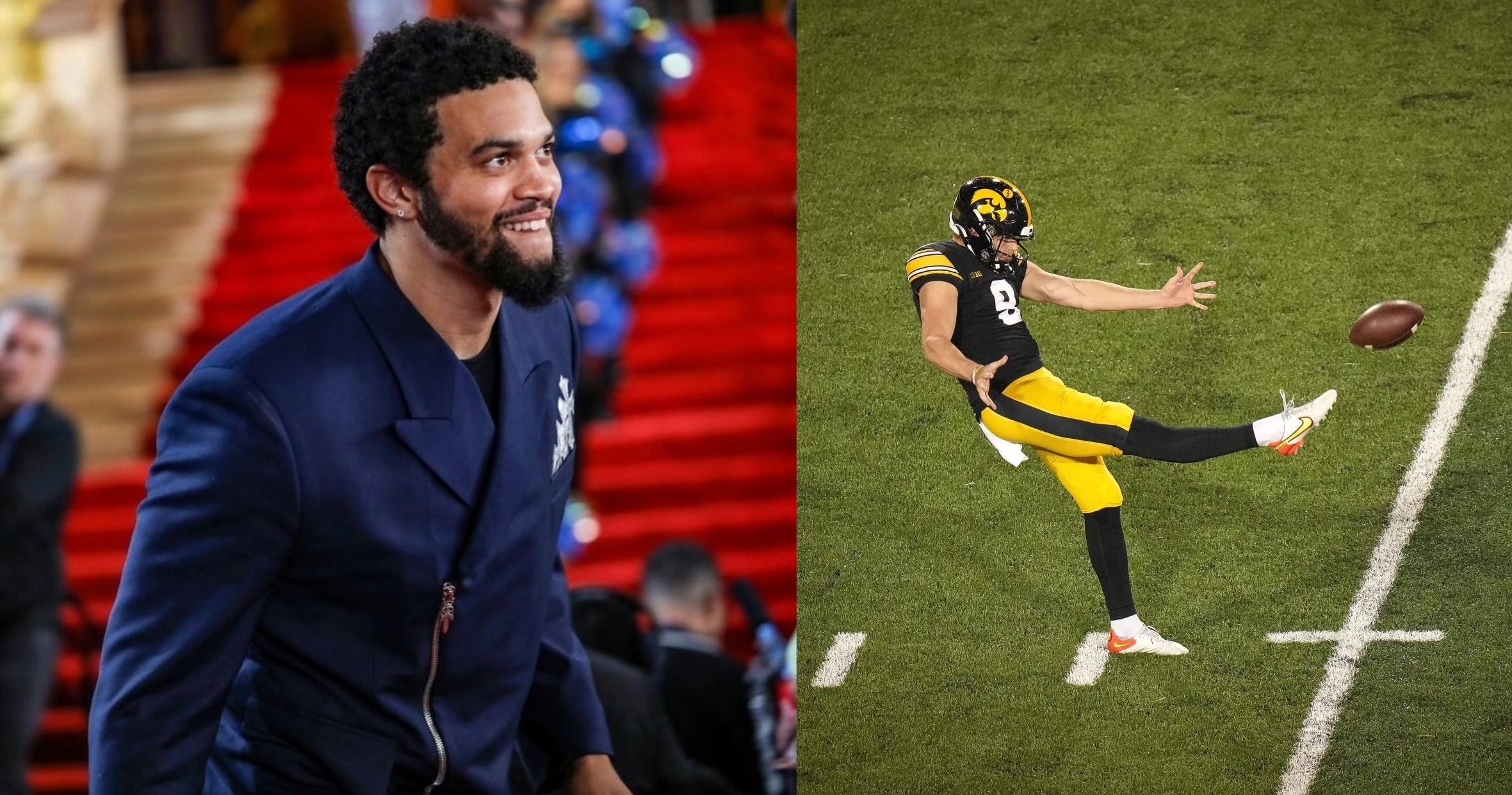Grab the quaaludes, start slinging penny stocks, and never eat at Benihana again.
Rooting for the bad guy has never been so much fun. Happy 10th anniversary to The Wolf of Wall Street, released on Christmas Day 2013. This isn’t Martin Scorsese’s best film. However, you won’t find one more entertaining than this profanity-laced comic descent into debauchery. It’s a guilty pleasure movie, much like Scorsese’s Casino, but with even more laugh-out-loud moments.
From the beginning when Leonardo DiCaprio’s Jordan Belfort makes a $25,000 bet in a game of tossing little people at a target in a jam-packed office of screaming coworkers, we have left virtue and political correctness behind. Oliver Stone’s Wall Street was a morality tale about the trappings of greed. The Wolf of Wall Street celebrates excess like the Super Bowl. Belfort is speeding on the highway to hell in a red (or was it white?) Ferrari. He’d still be going 150 m.p.h. if he weren’t arrested by the Feds.
What makes The Wolf of Wall Street even more enjoyable is that most of this stuff really happened. The movie is based on Belfort’s 2007 memoir of the same name. The real Belfort is a former stockbroker whose financial crimes in the 1990s helped him amass a fortune. He was eventually arrested for conspiracy to commit money laundering and securities fraud that resulted in over a thousand investors being swindled out of more than $200 million. Belfort served 22 months in prison and was fined $110 million.
And as we’ve seen in Goodfellas and Killers of the Flower Moon, Scorsese does amazing work with great source material. Combining Terence Winter’s screenplay with Scorsese’s tight direction led to a fast-moving movie that feels shorter than its three-hour run time. When The Wolf of Wall Street is over, we’re sad to no longer be hanging out with these characters.
If you’re going to tell the story of a charming deplorable person, you need DiCaprio. A lot of actors could have played Belfort. Few could have brought the same energy, showmanship, and magnetism. The audience has to like Belfort for the movie to work. Luckily, we get DiCaprio at maximum volume both figuratively and literally. He delivers an all-gas, no-breaks performance that ranks among his best.
DiCaprio has so many unforgettable scenes that it’s hard to pick one. But what sticks out the most is his iconic “I’m Not Leaving” monologue. It’s the greatest motivational speech in fictional financial crimes history—so riveting that you too are ready to sell worthless penny stocks to pensioners.
DiCaprio isn’t the only standout. The Wolf of Wall Street also stuffs in great comic relief courtesy of Jonah Hill as Belfort’s sidekick and Matthew McConaughey as Belfort’s mentor. But this flick is also best known for introducing the world to Margot Robbie.
You can’t get consensus on much in America. However, we unanimously agree that everyone had the same reaction to Robbie: We all collectively asked: “Who IS that?”
Robbie popped on the screen in a way that very few then-unknowns do. Before Scorsese cast her as Belfort’s love interest, Naomi, she had three films to her credit. Robbie, a 23-year-old, beat out veterans Amber Heard and Blake Lively. She was so striking with her sheer beauty and skills that she not only held her own against DiCaprio, but was also a scene-stealer. Plus, the Australian’s Brooklyn accent was passable enough to fool many New Yorkers.
Before Barbie, Naomi was probably Robbie’s most famous role. This is notable since she’s a two-time Oscar nominee (Bombshell, and I, Tonya). It’s the breakthrough that put her on the map. Few Hollywood stars command our attention. Robbie is one of them.
When The Wolf of Wall Street came out, reviews were mostly positive. However, some criticized it, accusing the film of glorifying bad behavior. Vulture’s David Edelstein called it “thumpingly insipid.” He added, “a veritable orgy of immorality, each scene making the same point only more and more outrageously, the action edited with Scorsese’s usual manic exuberance but to oh-so-monotonous effect.”
Moviegoers disagreed. So, did the Academy of Motion Picture Arts and Sciences.
The Wolf of Wall Street remains Scorsese’s biggest box-office hit, grossing almost $400 million worldwide. It earned five Academy Award nominations: Best Picture, Best Actor, Best Supporting Actor (Jonah Hill), Best Director, and Best Adapted Screenplay. Sadly, it didn’t win any Oscars.
The legacy of The Wolf of Wall Street is that there’s never been another feature like it. It unofficially holds the record for most swear words in a movie. It proved that viewers are willing to root for an anti-hero as much as a traditional good guy. Also, some have argued that it was the first modern movie about the world of finance.
When DiCaprio’s Belfort says, “Sell me this pen,” he might be speaking more to us than the characters on screen. What are you willing to do to get someone to buy your product?
The Wolf of Wall Street is available to stream now on Netflix and Paramount+.







